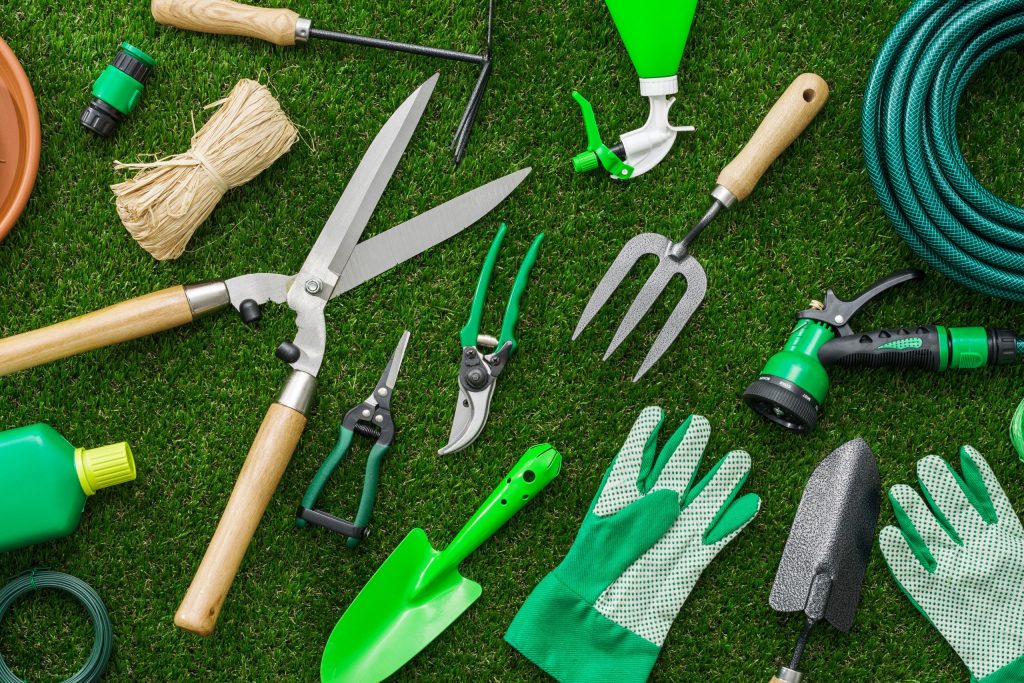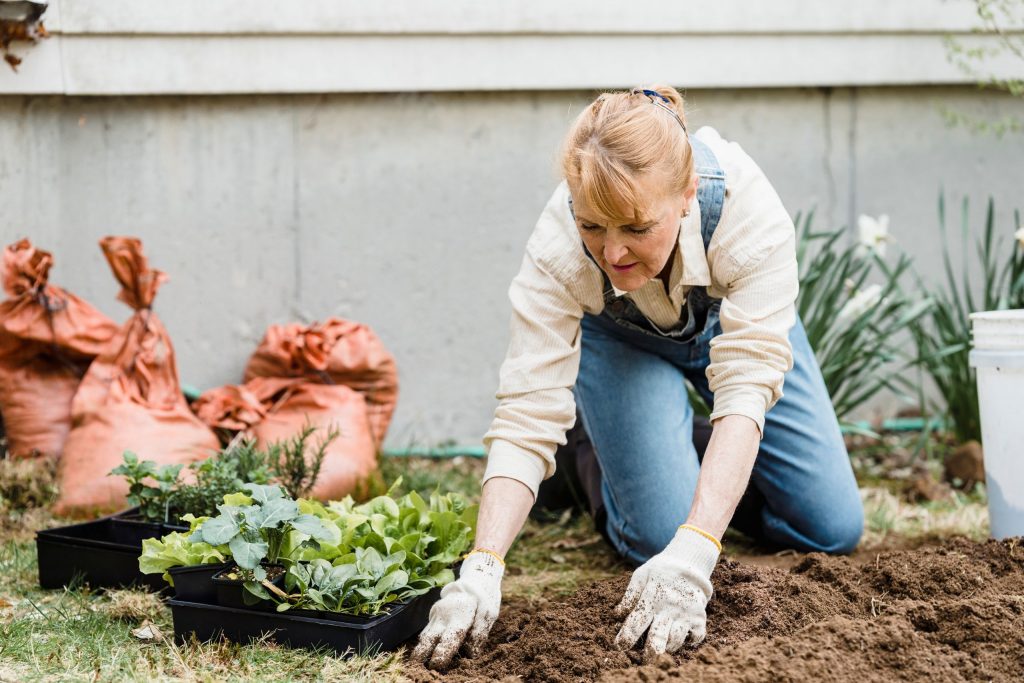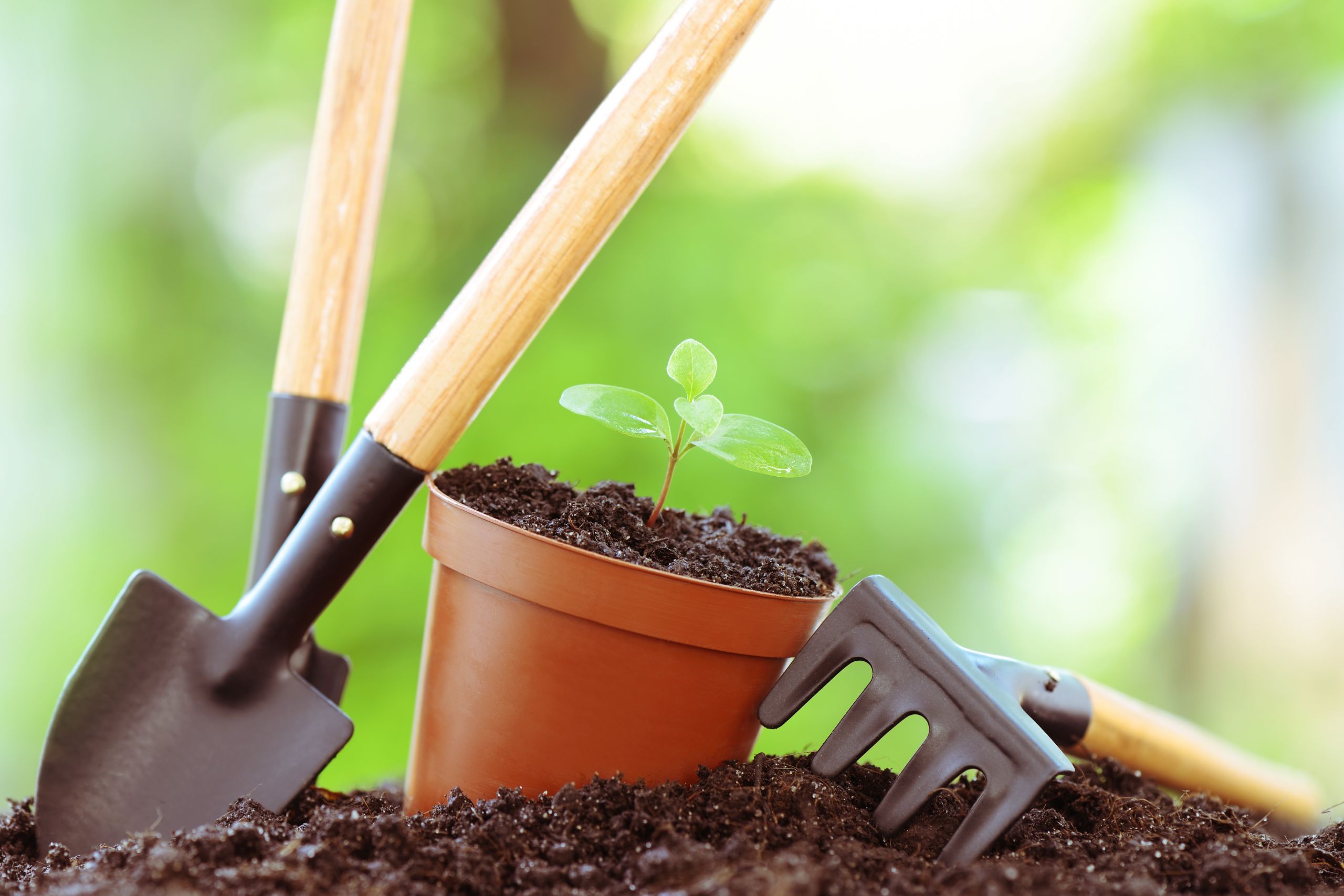Starting gardeners may connect with nature as they design their own peaceful and fulfilling past time. Unmatched in pleasure is the satisfaction of spreading a seed and witnessing it bloom into a vivid plant, therefore generating a sensation of success that may brighten any day. Starting this fulfilling road requires the correct equipment and basic understanding. Beginning small helps young gardeners develop confidence and progressively increase their knowledge base. Beyond appearances, growing your own plants improves your living environment, provides fresh veggies for nutritious meals, or just the peace that comes from tending to life. Gardening enhances body and mind. Digging in and learning about the realm of gardening can help you not only find the wonders of the natural world but also the delight of producing something especially yours. So get ready, get in, and let the journey start!
Essential Gardening Tools Every Beginner Needs
Although beginning your gardening path might be interesting, having the correct instruments can help to smooth down the process and increase enjoyment of it. Every novice gardener should own a few simple tools to assist with different chores. A hand trowel is absolutely important for tiny hole digging, seed planting, or young plant transplanting. Particularly on raised beds, its small size lets you roam freely in restricted area. Still another basic tool are pruners. Deadheading blooming and pruning back overgrown plants helps your yard seem tidy and encourage appropriate development.
Also remember a watering can. This tool lets you quickly give your plants the needed moisture without creating a muddy mess. Furthermore important are a good pair of gardening gloves; they enhance grip and protect your hands from thorns, dirt, and any sharp tools. Finally, a spade is very helpful for turning and excavating ground, hence enabling proper preparation of your garden beds. Having these simple items in your gardening toolbox will help you to discover that chores become simpler and free you to concentrate more on appreciating the time spent caring for your plants!

Understanding Soil: The Foundation of Healthy Plants
A good garden’s basis is good soil. It offers vital minerals and a consistent habitat for plant development. Your plants will suffer and maybe die if your soil is thin or poor. Just put your finger about an inch into the ground to gauge the quality of your soil. If it seems dry, your plants can need water, but it might also mean that your soil might need work on moisture retention. By include nutrients and enhancing drainage, mixing organic matter—such as compost—can improve the quality of soil.
Gardeners’ best buddy is compost! It improves the ground, thereby enabling robust and healthy growth of plants. Garden stores sell compost; you may create your own by mixing yard debris and kitchen leftovers. Furthermore, particularly in their growth season, using fertilizers may provide your plants the additional boost they need. Consider specific needs of different types of plants in relation to the soil. Vegetables, for example, thrive in nutrient-rich soil even if succulents would much prefer a simpler, well-drained mix. Keep in mind that the effort you invest in preparing and assessing your soil will pay you with a beautiful garden.
Watering Tips: Keep Your Garden Thriving
The health of your plants depends critically on correct watering methods. Both overwatering and underwatering may create major issues; too much water can drown the roots and induce rot; too little water can leave plants parched and agitated. One must pay attention to soil moisture if one wants to avoid these traps. Pushing your finger about an inch into the ground can help you to check; if the ground feels dry, it is time for a drink! Aim for substantial watering sessions a couple of times a week rather than little sprinkles every day in outdoor gardens, particularly vegetable sections. This strengthens and deepens roots, therefore enabling their development.
Your kind of garden will determine the frequency and irrigation method used. For indoor plants, check the top inch of soil; often their low light and evaporation rates indicate they need less water than outside plants. Usually from rain or irrigation, outdoor flowers and vegetables grow with approximately 1 inch of water per week. You may have to raise this in warm months. Reaching those difficult-to-water areas and guaranteeing uniform coverage without drowning your plants may be very accomplished with a watering wand. Remember, every plant may have different wants; so, it is always necessary to investigate unusual watering preferences for the most advantages!
Choosing the Right Plants for Beginners
Choosing low-maintenance, easy plants can help you feel comfortable if you want things basic and are beginning your gardening path. Among great selections are herbs like rosemary, mint, and basil—which grow with minimal work. Most of them like the sun, hence choose a bright spot in your yard or even on a windowsill. Moreover, these herbs are useful and satisfying as you may use them in your cookery! Just keep in mind their water requirements; most herbs like to dry out somewhat between watering.
If you want something asking for even less care, think about low-maintenance flowers like marigolds and zinnias or succulents. Perfect for novices, succulents merely need sunlight and occasional watering every few weeks. Hardy flowers such as marigolds and zinnias may withstand some neglect and yet blossom brilliantly to provide your yard a riot of color. Choose plants depending on your area and surroundings; some flourish in hot climes while others in cold ones. With little forethought and reasonable decisions, your garden might be simple to run and fun to cultivate!
Tips for Ongoing Maintenance and Growth
Maintaining a good garden mostly depends on consistent maintenance and attention; thus, a few little actions may have a great impact. One of the most crucial chores is weed control; those bothersome weeds fight for nutrients and water among your plants. Check your garden once a week and remove any undesirable visitors on habit. After a rain, when the ground is soft, they are most easy to handle. Without upsetting the roots of your plants, you may also assist with this chore with a garden hoe.
Maintaining a garden also depends very much on pruning. Deadheading flowers increases bloom while cutting plants and shrubs could encourage more growth. Make neat cuts with sharp scissors or pruning shears to help to avoid illness. Search also for illnesses and pests. Examining your plants often helps you to find any issues early on. Natural remedies such as neem oil help to control pests without endangering helpful insects. Keeping on top of these chores can help your plants flourish and create a more vivid, longer-lasting garden!

Conclusion
Good gardening depends on having the correct equipment as they not only improve the general enjoyment of the activity but also make chores more effective. Since these elements directly affect plant health and development, knowledge of soil composition and watering requirements is also rather important. Selection of plants depends on your particular garden environment and climate. You should so select variants fit for them. Patience is very essential for beginners; gardening is a journey requiring time and effort. Welcome the educational process; enjoy experimenting; and delight yourself in seeing your garden grow.










